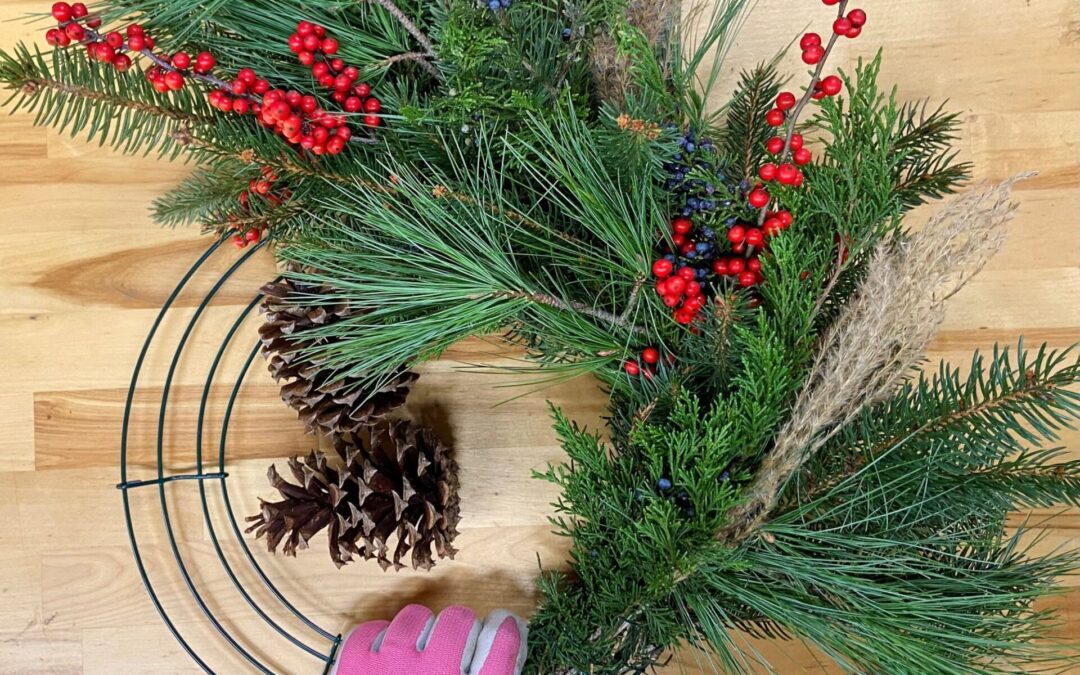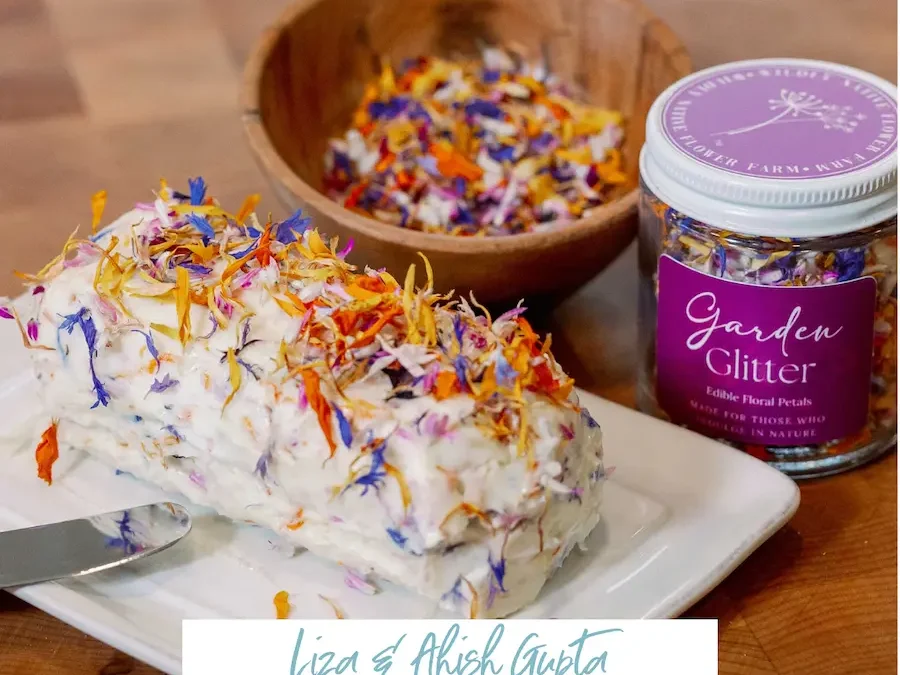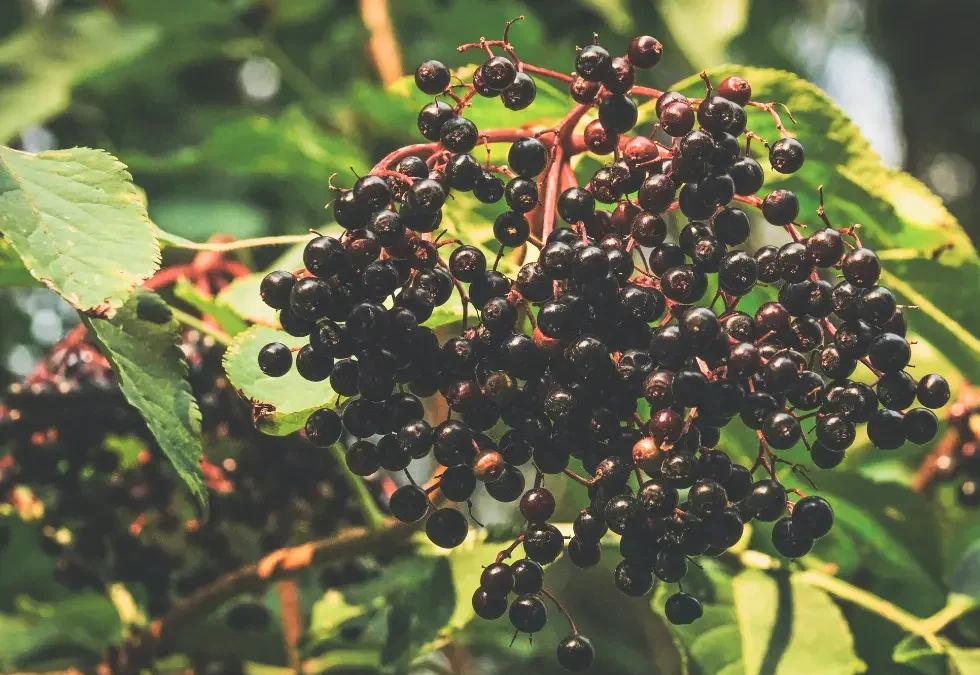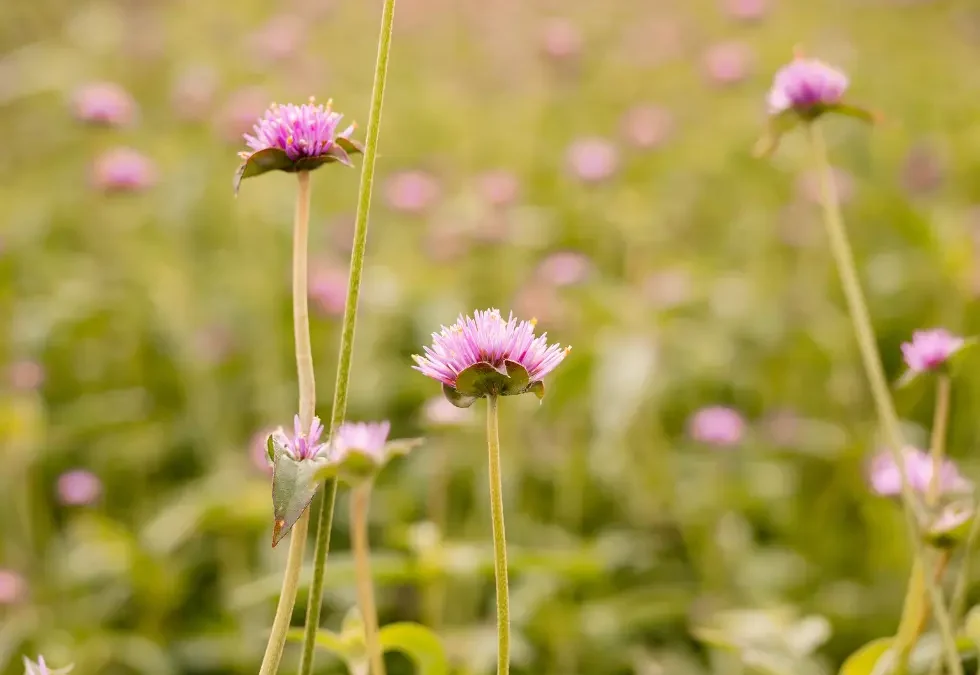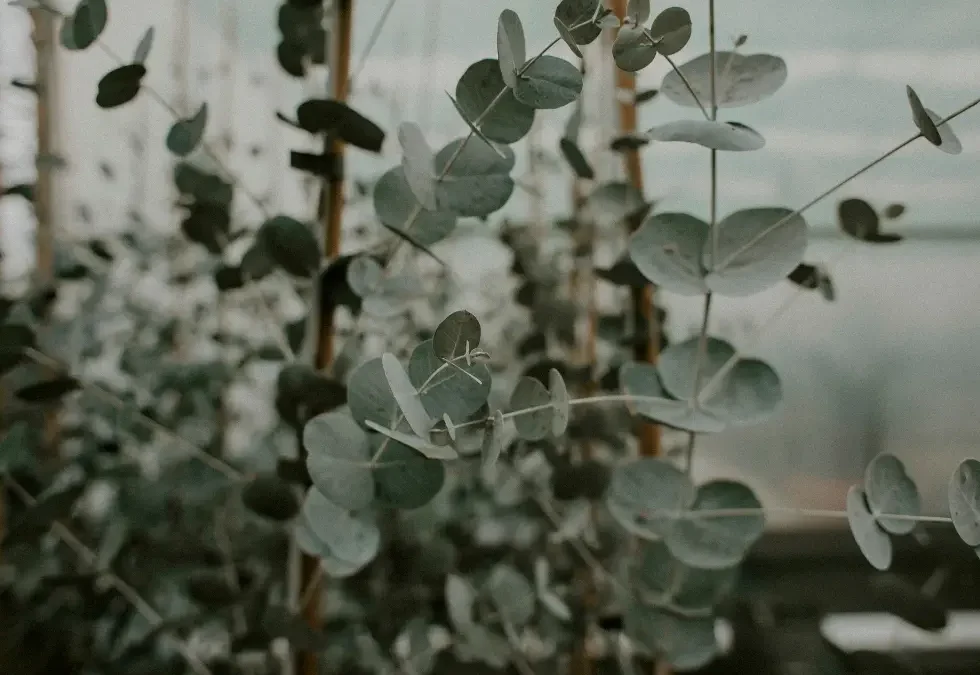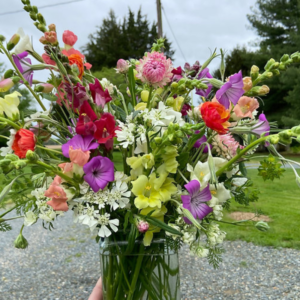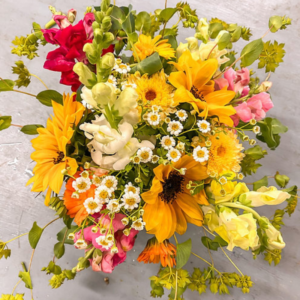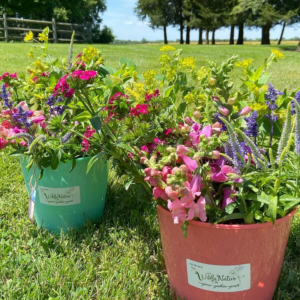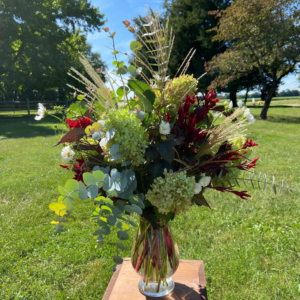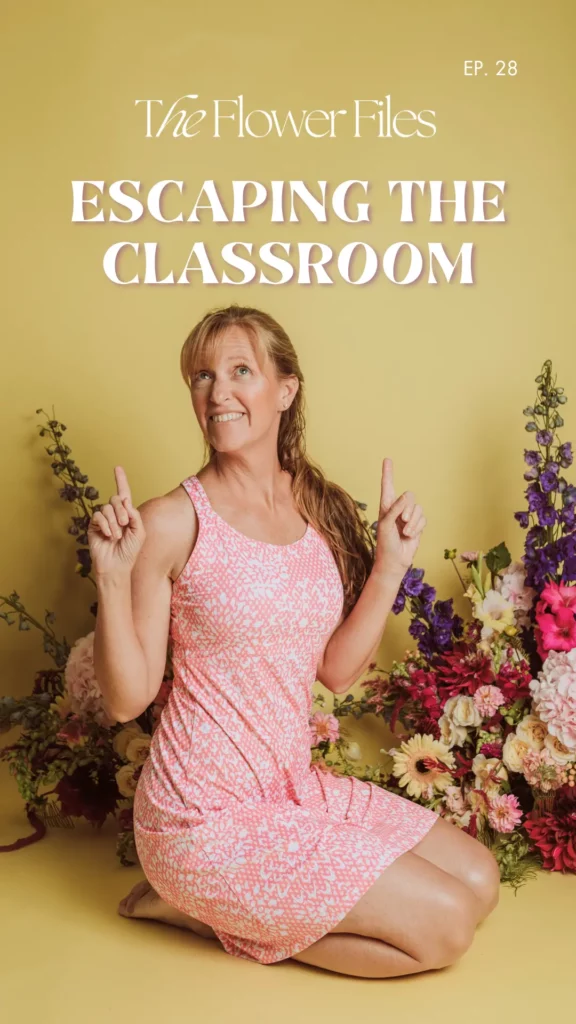
After 14 years as a high school agriculture teacher, I reached a point where I knew it was time for a change. Teaching had always been rewarding, especially working with students to help them find their passions, but I found myself increasingly drawn to the idea of building something of my own—specifically a flower farm business.
It wasn’t a decision made lightly. Like many teachers, I had job security, benefits, and strong ties to my students. However, running Wildly Native Flower Farm alongside my teaching career started to feel overwhelming. The business was growing, but I couldn’t devote the time it needed while balancing my teaching responsibilities. That’s when I made the leap.
How I Transitioned from Teacher to Flower Farmer
My journey wasn’t just about planting seeds—it was about planting the idea of entrepreneurship in my own mind. Stepping away from the stability of teaching was daunting, but my background in agricultural education helped. For those interested in starting a flower farm business, here are some lessons I learned along the way:
- Leverage Your Strengths
As an agriculture teacher, I already had a solid foundation in horticulture, so it was easier to transition to farming. Understanding soil health, plant biology, and crop rotation was second nature. If you’re looking to start a flower farm, play to your strengths—whether it’s in marketing, customer service, or growing plants. - Make a Solid Financial Plan
Starting a flower farm business requires financial investment, so having a clear, realistic budget is essential. Before I left teaching, I worked closely with my accountant and family to map out our financial needs and goals. This helped ensure we were prepared for the slower months in winter and unexpected costs, like equipment repairs or infrastructure upgrades. - Build a Support System
Surround yourself with people who believe in your vision. My husband, family, and team played a critical role in helping me build Wildly Native. When I had doubts, they encouraged me to keep going. Find like-minded individuals who will lift you up and offer practical advice when you need it most. - Expect to Work Year-Round
Many people assume that flower farming is a seasonal job, but it’s a year-round commitment. During the off-season, I’m focused on contracts, planning, and maintaining infrastructure. Even in winter, there’s always something to do, whether it’s repairing hoop houses or nurturing perennials for the upcoming growing season.
The Hardest Part of Leaving Teaching
One of the hardest things about leaving teaching was saying goodbye to my students. After spending so many years in the classroom, building strong relationships, it felt bittersweet. I still hear from former students who tell me how much our classes helped them—whether it was using micropipettes in college labs or arranging flowers for events. Those messages remind me that teaching will always be a part of me, even though I’ve left the classroom behind.
Why Flower Farming?
Agriculture has always been my passion, and starting a flower farm allowed me to combine that love with entrepreneurship. The beauty of flower farming is its versatility. From weddings and special events to local markets and wholesale, there’s always demand for fresh flowers. Plus, working outside, creating bouquets, and sharing the natural beauty of flowers with others brings so much joy.
If you’re considering starting a flower farm business, know that it’s more than just planting seeds—it’s about building a community, running a business, and having the confidence to take risks.
Final Thoughts: Taking the Leap
Leaving a secure job to start your own business can be scary, but it’s worth it if you’re passionate and prepared. It takes a lot of soul searching and a strong support system, but if I can do it, so can you. If flower farming is your dream, start small, plan well, and keep pushing forward. You never know where your journey might take you!

